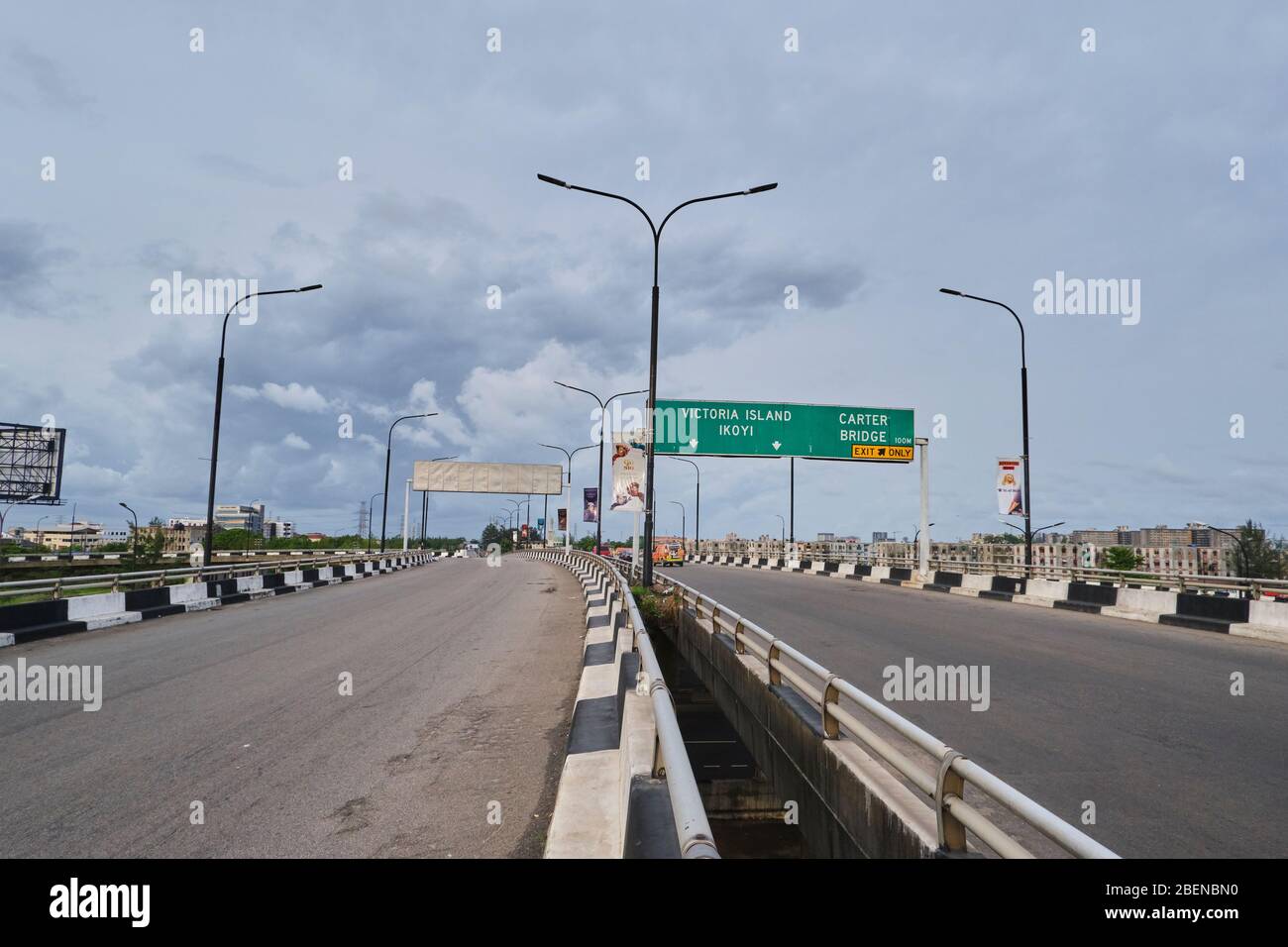Nigeria’s worsening economic crisis and soaring petrol prices have forced Bolaji Emmanuel, a 72-year-old retired health worker, to abandon his Honda Pilot SUV.
The costs of maintaining a private vehicle have become unsustainable for many Nigerians, like Emmanuel, who now rely on public transportation to cope with rising living expenses.
“I parked it at my son’s house. I use public transport now,” Emmanuel told AFP. “It is not convenient, but it is what the economy demands.”
This struggle is increasingly common in Africa’s most populous country. Since President Bola Tinubu took office in May 2023, the price of petrol has increased more than fivefold.
READ ALSO: CNPP backs reps’ call for fuel price reversal, urges action on inflation
Tinubu’s decision to end the costly fuel subsidy and liberalize the naira currency—reforms aimed at reviving the economy and attracting foreign investment—has triggered short-term hardships, including a 32.7% inflation rate in September, down slightly from a three-decade high of 34.19% in June.
The petrol price spike is particularly acute, with rates rising from 195 naira per litre before Tinubu’s administration to over 1,030 naira in major cities. In some parts of the country, prices have reached as high as 1,300 naira per litre.
The economic pressure has affected Nigeria’s middle class, forcing many to trade in their fuel-intensive cars for smaller, more efficient vehicles.
“People are actually selling their big cars these days,” said Maji Abubakar, a car dealer in Abuja. “The problem is that even if you put them on the market, there isn’t much demand.”
Kunle Jaiyesinmi, deputy director at the CFAO Group, which specialises in automobile distribution, confirmed this trend.
“An SUV that sold for 40 to 45 million naira two years ago now costs between 95 and 100 million,” he explained. With inflation and a volatile exchange rate, middle-class buyers are increasingly opting for Chinese-made vehicles or even bicycles.
READ ALSO: CPPE warns inflation will persist without fixing FX, insecurity challenges
The shift to more economical cars is becoming widespread, with fewer vehicles on the roads and even a reduction in Lagos’ infamous traffic jams.
“We will see fewer cars on the roads,” predicted Bunmi Bailey, head of research at SBM Intelligence. His own fuel consumption has halved since switching to a smaller vehicle, illustrating the drastic measures people are taking to adapt.
The growing popularity of bicycles, especially among food delivery workers, is another sign of the shifting economic landscape.
Femi Thomas, head of Lagos-based FT Cycle Care, observed an uptick in cycling since the fuel hike, although the lack of infrastructure makes it a risky option for many.
Economic experts warn that while Tinubu’s reforms may stabilize the economy in the long term, the immediate impact on purchasing power is severe. “The combination of inflation and rising fuel prices is putting unprecedented pressure on households,” said Dr. Nnamdi Obasi, an economist.
“This crisis is reshaping how Nigerians live and work, with car ownership and commuting patterns changing drastically.”
As the country braces for further economic challenges, the once-thriving Nigerian middle class continues to shrink, with many forced to rethink their spending priorities just to survive.

 Health1 week ago
Health1 week ago
 Health1 week ago
Health1 week ago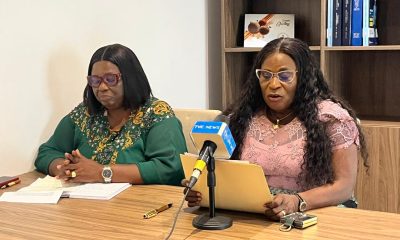
 Latest6 days ago
Latest6 days ago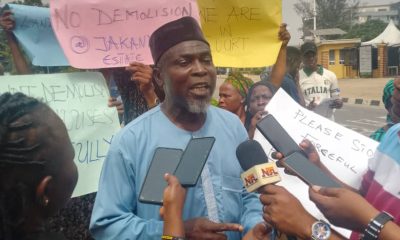
 News7 days ago
News7 days ago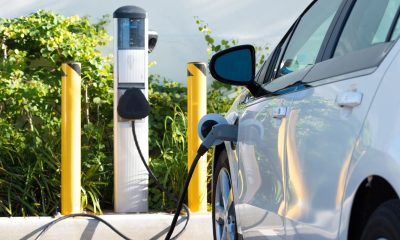
 Business5 days ago
Business5 days ago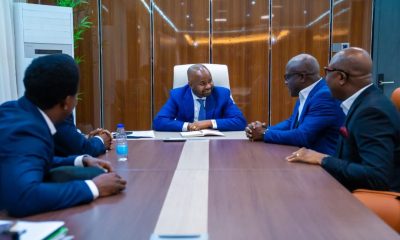
 Business1 week ago
Business1 week ago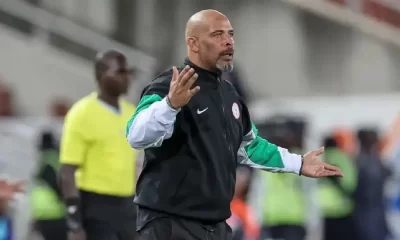
 Football1 week ago
Football1 week ago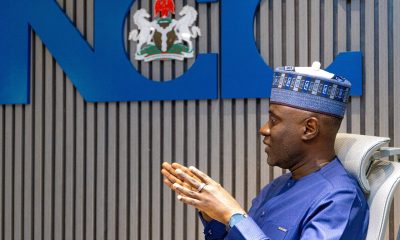
 Business1 week ago
Business1 week ago
